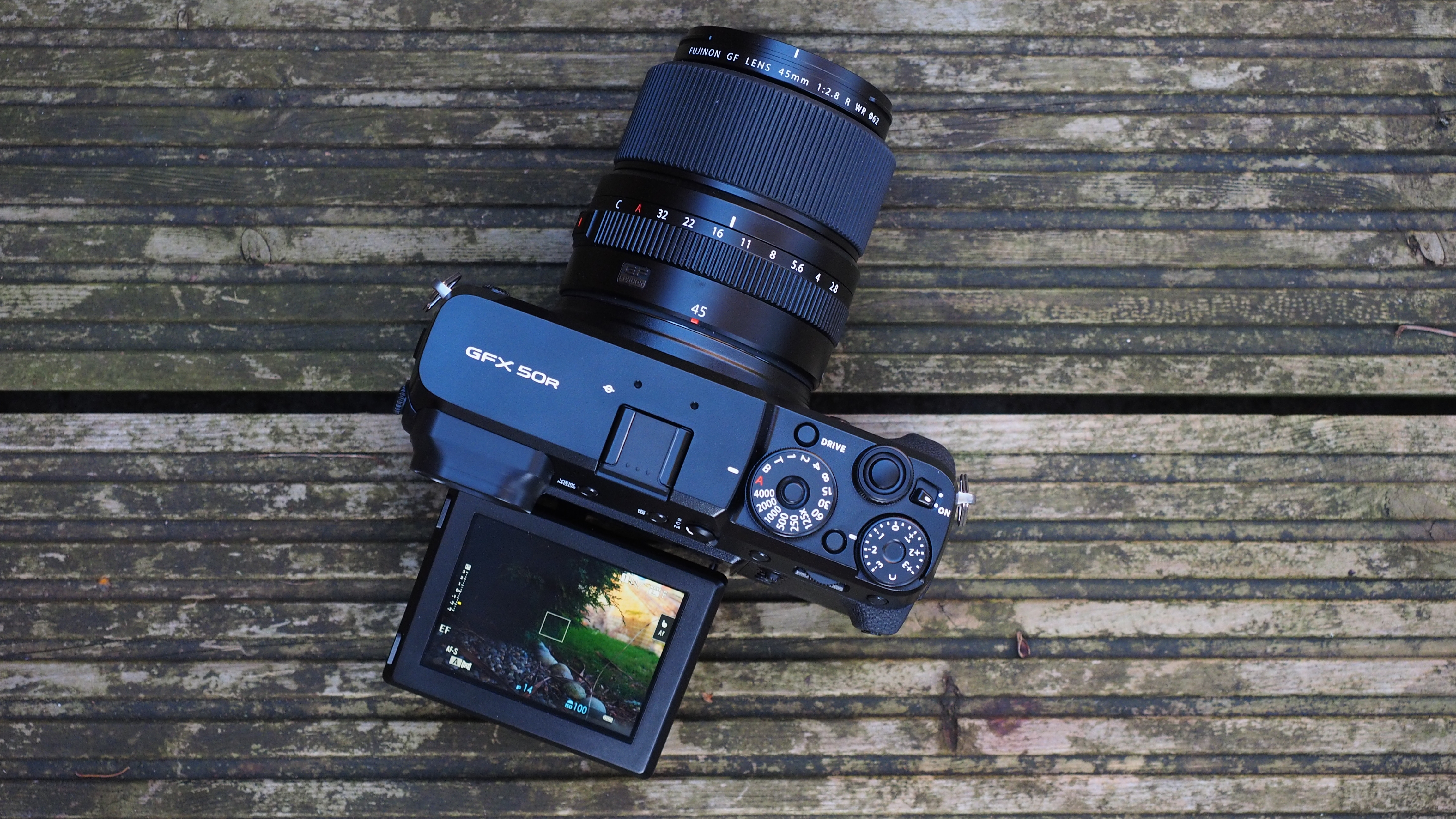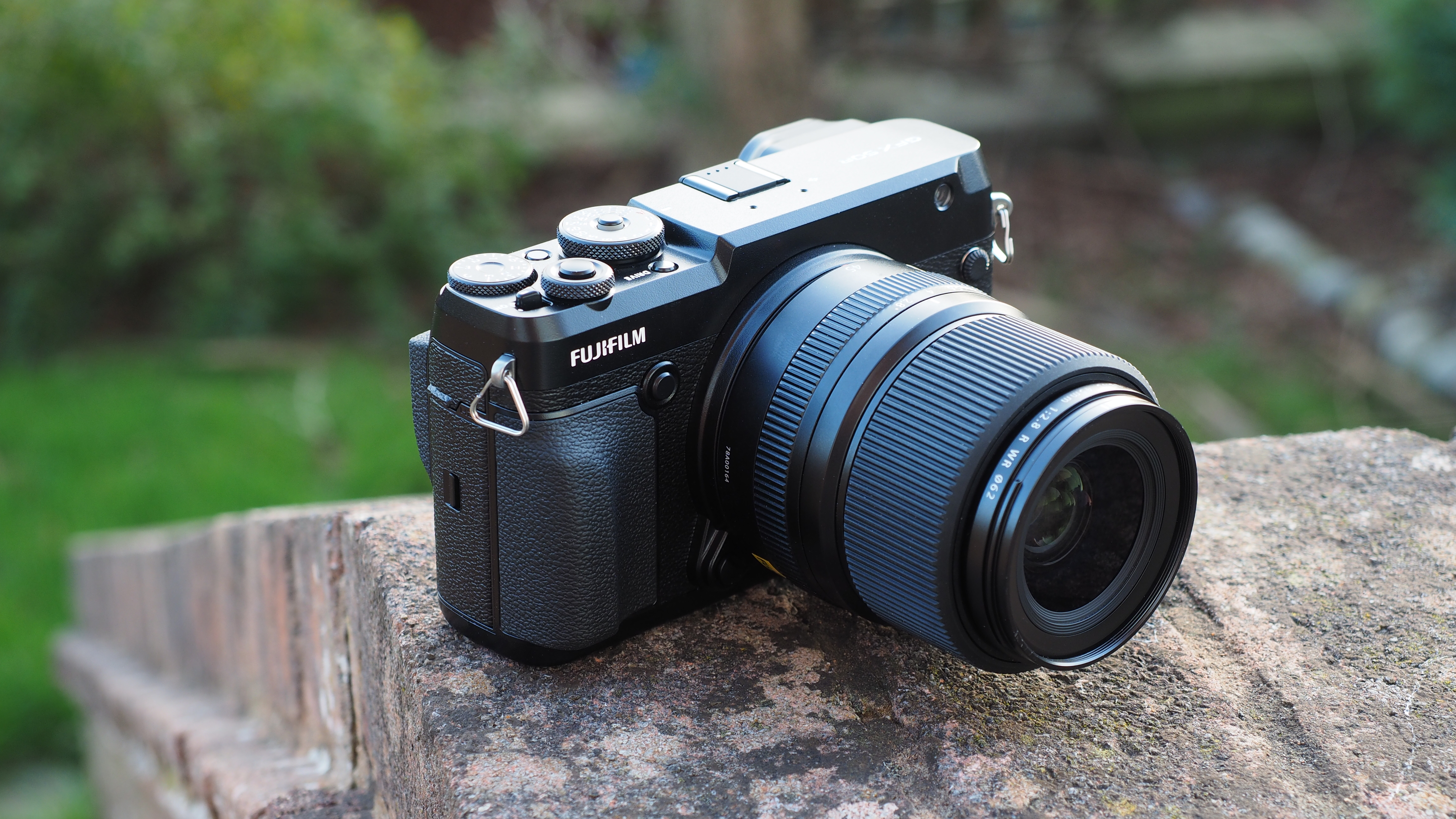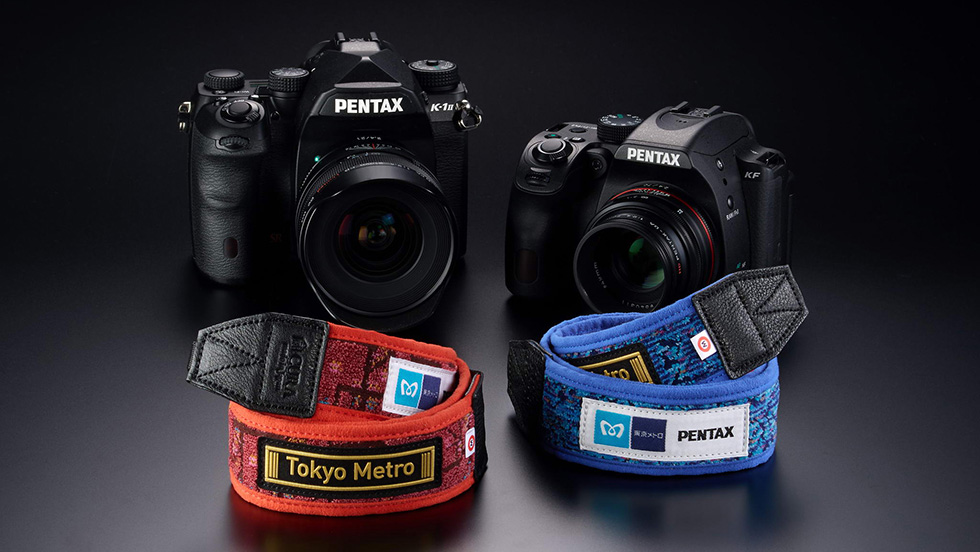Fujifilm just killed my favorite camera: the Fujifilm GFX50R is no more!
With the launch of the new GFX50S II, Fujifilm also announced that the GFX50R is now discontinued – boo!

The best camera deals, reviews, product advice, and unmissable photography news, direct to your inbox!
You are now subscribed
Your newsletter sign-up was successful
We can see why Fujifilm did it. The new Fujifilm GFX50S II is a more advanced, more versatile camera than the GFX50R, with faster autofocus and in-body stabilization. It goes on sale at a similar price to the old GFX50R, so what was the point of having both?
But the charm of the GFX50R for us was its classic rangefinder camera styling, and the fact that for such a long time it was easily the the cheapest route into medium format photography.
Even allowing for its better autofocus and in-body stabilization, the GFX50S II does not have quite the same appeal. Compact as it is, the GFX50S II is still around 125g heavier than the GFX50R, and while its grip and its top-mounted EVF do give it a kind of heavyweight DSLR ‘grippability’ with Fujifilm’s bigger GF lenses, it’s a more awkward shape that doesn’t slide in and out of a camera bag quite so easily.
It depends on how you feel about camera design. If just just want the camera to do a job and you don’t much bother what it looks like, then you will probably think we’re complaining over nothing. But if you like cameras to look and handle ‘right’, then you might be like us and regret the passing of the GFX50R.
We’re not the only ones to think this way about camera design. For a long time Fujifilm has made rangefinder-style cameras alongside its practical DSLR-style models. The Fujifilm X-T4 and XS-10 are the epitome of practicality and versatility, but many photographers still choose the retro rangefinder style of the Fujifilm X-Pro3 or X-E4 instead.
Could there be a GFX50R II?
Not according to Fujifilm right now, but who knows what might happen in the future? The GFX50S II has essentially the same sensor as the GFX50R, so you have to imagine there would be no difficulty in upgrading the autofocus to match the GFX50S II, but he bigger problem might be the IBIS system. It’s possible that there would not be room for this in a GFX50R style body, in the same way that Fujifilm’s X-mount X-E4 and X-T30 (and new X-T30 II) don’t have IBIS.
Fujifilm GFX50S II vs full frame cameras
But let’s not forget what Fujifilm has achieved here. The GFX50S II might have squeezed out our old favorite, but it’s an exceptional achievement in its own right. This is a 50MP medium format camera with IBIS and a steadily growing lens range, at a price on a par with the top full frame cameras. Before Fujifilm entered the medium format camera market, would anyone ever have believed this possible?
The best camera deals, reviews, product advice, and unmissable photography news, direct to your inbox!
Read more:
• Best Fujifilm cameras
• Best Fujifilm GF lenses
• Best medium format cameras
• Best professional cameras
• Travel photography with a Fujifilm GFX 50R
• The best Fujifilm GFX 50R deals in September

Rod is an independent photography journalist and editor, and a long-standing Digital Camera World contributor, having previously worked as DCW's Group Reviews editor. Before that he has been technique editor on N-Photo, Head of Testing for the photography division and Camera Channel editor on TechRadar, as well as contributing to many other publications. He has been writing about photography technique, photo editing and digital cameras since they first appeared, and before that began his career writing about film photography. He has used and reviewed practically every interchangeable lens camera launched in the past 20 years, from entry-level DSLRs to medium format cameras, together with lenses, tripods, gimbals, light meters, camera bags and more. Rod has his own camera gear blog at fotovolo.com but also writes about photo-editing applications and techniques at lifeafterphotoshop.com


